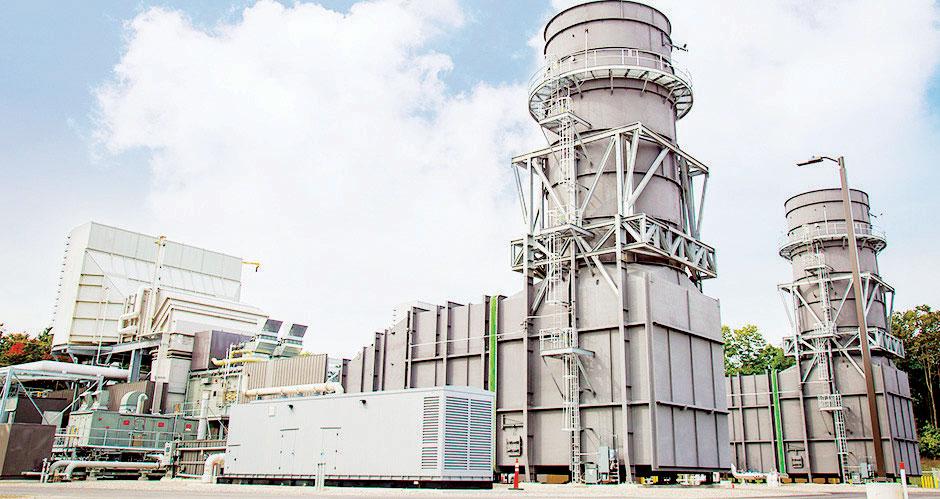Africa-Press – Malawi. Malawi is ranked among African countries registering slow progress in its industrialisation drive, a situation experts fault on structural challenges the economy faces.
A report published by the African Development Bank, the African Union and the United Nations Industrial Development Organisation reveals that 37 percent of African countries— Malawi inclusive— have registered slow progress on industrialisation.
Malawi is among nine countries on the bottom of the ladder where, ironically, most countries in the category are conflict-affected. “There is growing consensus that African countries need more proactive industrial policies, to foster growth in the most promising industries,” the report reads.
Malawi Confederation of Chambers of Commerce and Industry (MCCCI), an umbrella body for industry players in the country, says there has been slow progress registered on the industrial drive in the country.
MCCCI President Lekani Katandula Tuesday said the situation aggravated in the past year due to external shocks emanating from disrupted global supply chains which were coupled with structural challenges facing the local economy.
“The past year was quite challenging from a number of angles like the cyclones which impacted electricity supply and Russia- Ukraine conflict which impacted cost of key imports at a time when our forex supplies dried up.
“We need to stay true to Malawi 2063 and deliberately incentivise exports, investment in power generation and imports substitution. If we consistently do these things, we can sustainably turn around our economy and industrialisation drive,” Katandula said.
Industrialisation is one of the three pillars in Malawi government’s long-term development plan, Malawi 2063, whose implementation is being championed by the National Planning Commission (NPC).
Among other things, the government is establishing industrial parks in the country’s cities to act as economic zones that would spur industrialisation.
Speaking in a recent interview, NPC Director General Thomas Munthali said attaining aspirations embedded in the Malawi 2063 which includes commercialisation of the agriculture sector and creation of secondary cities, require a concerted effort and enough resources.
“The government’s main role should be to facilitate the drive where private sector players thrive. We need to be running fast in all sectors of the economy. The second point is accountability.
“We believe that, now that there is agitation from both the public and the leadership, we should make sure things change going forward,” Munthali said.
But lately, Malawi’s economy has been riddled with both exogenous and structural challenges which have stifled chances of growth, with the IMF projecting a GDP growth of 0.9 percent in 2022, from an earlier 2.7 percent projection.
Malawi aims to attain a middle-income economies mark at least within the next eight years by 2030, a target it failed to meet for 20 years from 2000 when it rolled Vision 2020. To achieve the target, the country needs to be posting a six percent GDP growth rate in real terms per year on average within the next decade.
For More News And Analysis About Malawi Follow Africa-Press






